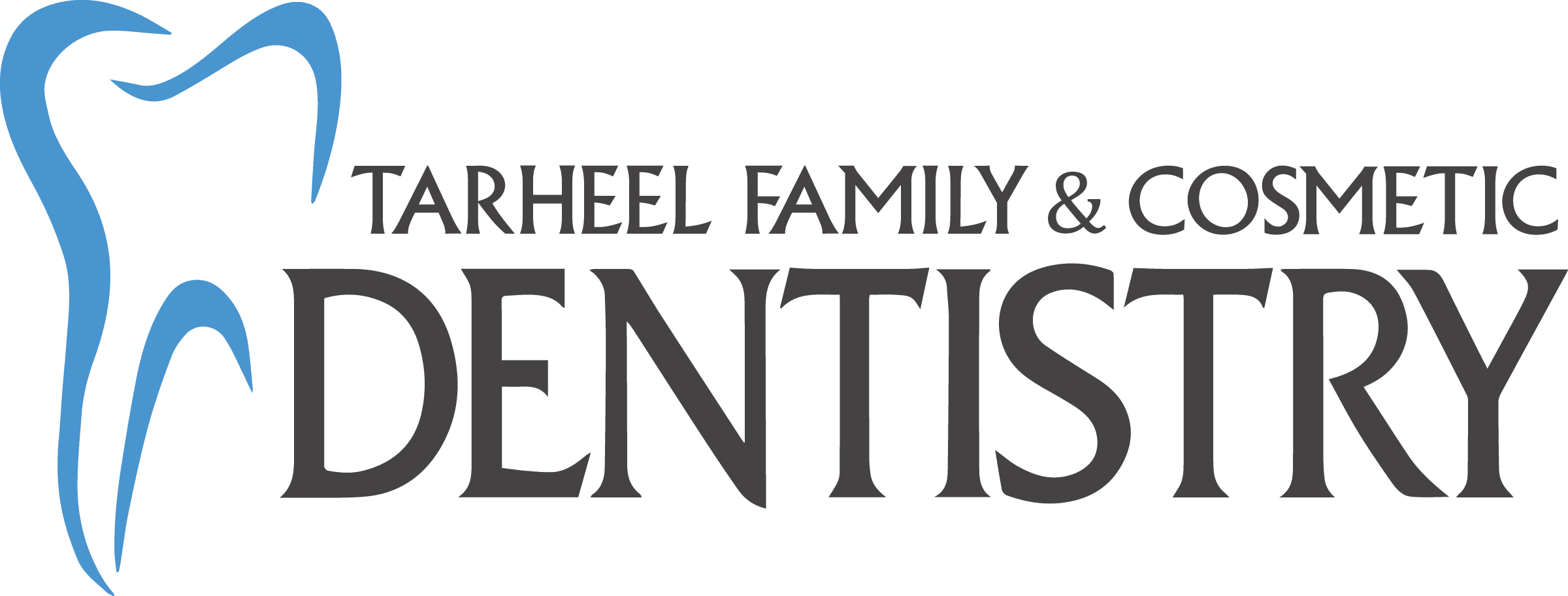 As your dentist office in Chapel Hill, NC, our goal is to provide you with all the information you need to know related to your dental health. Rinsing your mouth out with water is sometimes the best thing you can do for your smile. However, other times, it may interfere with your dental health. Dr. Hewgley from Tarheel Family & Cosmetic Dentistry explains when and how to properly rinse your mouth out with water, as well as when to avoid doing so, below:
As your dentist office in Chapel Hill, NC, our goal is to provide you with all the information you need to know related to your dental health. Rinsing your mouth out with water is sometimes the best thing you can do for your smile. However, other times, it may interfere with your dental health. Dr. Hewgley from Tarheel Family & Cosmetic Dentistry explains when and how to properly rinse your mouth out with water, as well as when to avoid doing so, below:
Saltwater Rinses
If you have recently undergone an invasive dental procedure, your aftercare instructions may include recommended saltwater rinses. Saltwater rinses are used to keep any incision sites or soft tissue abrasions clean while they are healing. For example, when patients undergo a tooth extraction, it may be difficult to brush and floss around the extraction site for a few days following the procedure. We advise patients make homemade saltwater rinses by dissolving one teaspoon of salt in a glass of warm water. Then, swish the water around gently to ensure it reaches the affected area. Avoid swishing too aggressively as this might irritate the area or cause it to bleed. Saltwater rinses are only temporary in keeping your mouth clean as it heals. As soon as you are able to brush and floss again, they are no longer necessary.
After Midday Meals
While patients are advised to brush and floss twice a day, these activities are not always convenient to do when you are away from home. If you spend most of your day outside of the house, working or attending school, a good way to maintain fresh breath after midday meals is to rinse your mouth out with water. Additionally, chewing sugar-free gum will assist in dislodging any pieces of food residue stuck between your teeth. Rinsing your mouth out with water helps freshen your breath, keep your mouth from getting dry, and prevent dental staining from midday meals or snacks. When brushing and flossing are not an option, rinsing your mouth out with water will help you maintain a clean, fresh smile.
After Brushing or Using Mouthwash
Most of us utilize a toothpaste or mouthwash with active ingredients like fluoride in them to help fight plaque and tartar buildup. Other products may contain ingredients that help combat dental sensitivity or tooth discoloration. It’s important to allow these ingredients to remain on your teeth following brushing. A common mistake that patients make is rinsing their mouths out with water immediately after brushing or using mouthwash. This washes away all of the active ingredients that are intended to benefit your dental health by remaining on your teeth, making these products significantly less effective. Please avoid rinsing your mouth out with water following brushing or using mouthwash to maintain your best dental health.
If you have questions about bettering your oral hygiene routine, or if you’d like to schedule your first dental cleaning of 2022, contact our Chapel Hill, NC dentist office office to schedule an appointment!
